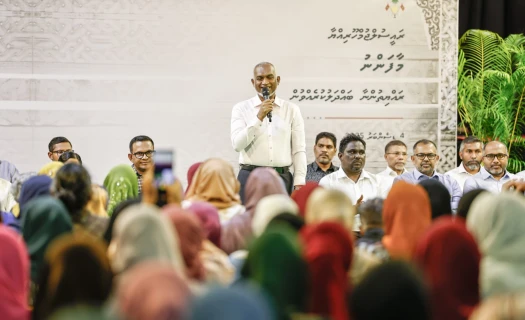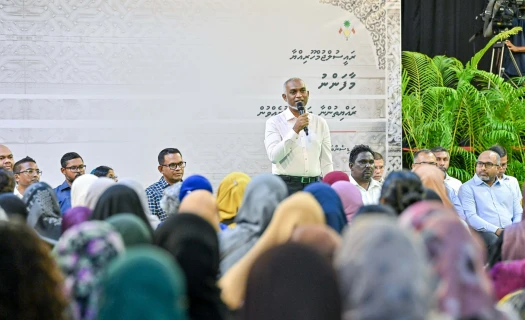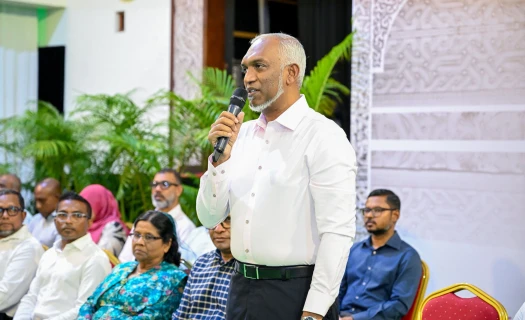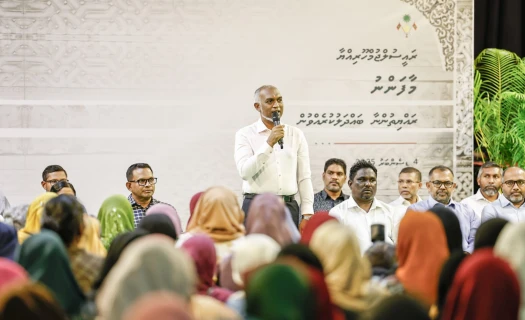Fri, 05 Dec 2025
|DHIVEHI
New Prevention of Gang and Other Serious Offences Act comes into force
25 Aug 2025
|
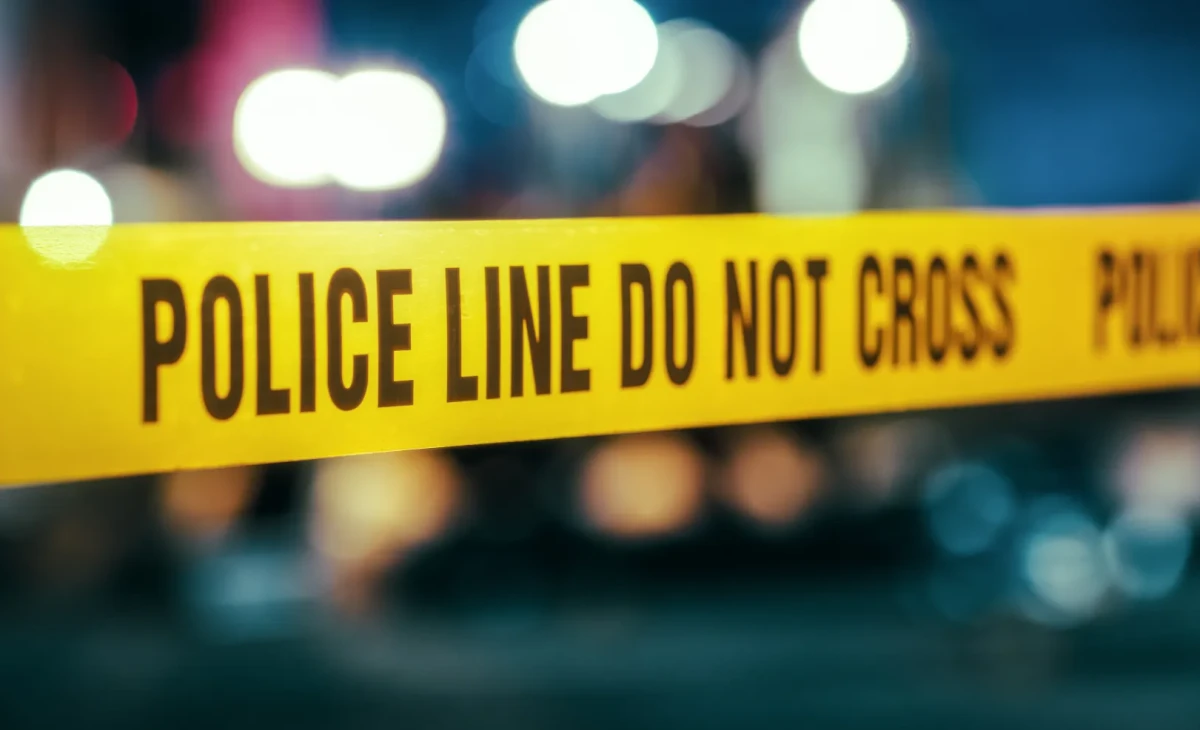
Police tape --- Photo: Getty Images
The Prevention of Gang and Other Serious Offences Act has officially come into effect, introducing tougher measures to combat organised crime in the Maldives. The Act was ratified on 25 May 2025 and came into force on 25 August.
Clear definitions of organised crime
For the first time, the law defines organised criminal groups and the offences linked to them. An organised criminal group is defined as a group that operates together to commit crimes on more than one occasion. Both leaders and active members are considered part of such groups under the law.
The Act identifies six serious organised crimes, including drug trafficking, human trafficking, business transactions involving prohibited imports, counterfeiting, violent offences carrying more than ten years’ imprisonment, and other serious offences. Serious offences are further defined as homicide, kidnapping, serious assault, violent altercations, and other acts that cause serious physical harm.
Offences and penalties
The legislation criminalises a wide range of activities connected to organised crime, including forming, operating, or attempting to operate such groups; aiding or participating in them; recruiting members; and involving children.
Severe penalties have been established:
- Forming an organised criminal group: 25 years’ imprisonment and a fine of MVR 3 to 10 million.
- Attempting or assisting to form an organised criminal group: 18 years’ imprisonment and a fine of MVR 2 to 5 million.
- Recruiting children into organised criminal groups: 25 years’ imprisonment and a fine of MVR 3 to 10 million.
- Involving adults in organised crimnal groups: up to 20 years’ imprisonment and a fine of MVR 2 to 7 million.
The Act also criminalises participation in or promotion of such groups, including displaying gang signs or symbols.
Recovery of illicit wealth
The law allows the state to confiscate wealth proven to be unjustly acquired by members of organised crime groups. The Prosecutor General’s Office (PGO) must prove in court that the assets were not obtained through lawful means. Courts are required to assess the value of illicit enrichment and may order the recovery of funds for the state.
Expanded police powers
The Act grants enhanced powers to the Maldives Police Service in tackling organised crime. Police may search individuals suspected of possessing weapons, criminal tools, or illicit property without a court order.
In certain circumstances, officers may also enter premises without a court order if there are reasonable grounds to believe evidence could be hidden, destroyed, or altered. Searches must be conducted in the presence of the owner or another representative to protect the individual’s interests.
The legislation also provides a framework for special operations, including controlled deliveries and covert investigations.
Closing legal gaps
While legislation targeting gang activity and weapons offences has been in place since 2010, authorities have acknowledged that enforcement has been ineffective. The new Act is designed to close these gaps and respond to long-standing public calls for tougher measures against organised crime.


Popular News

